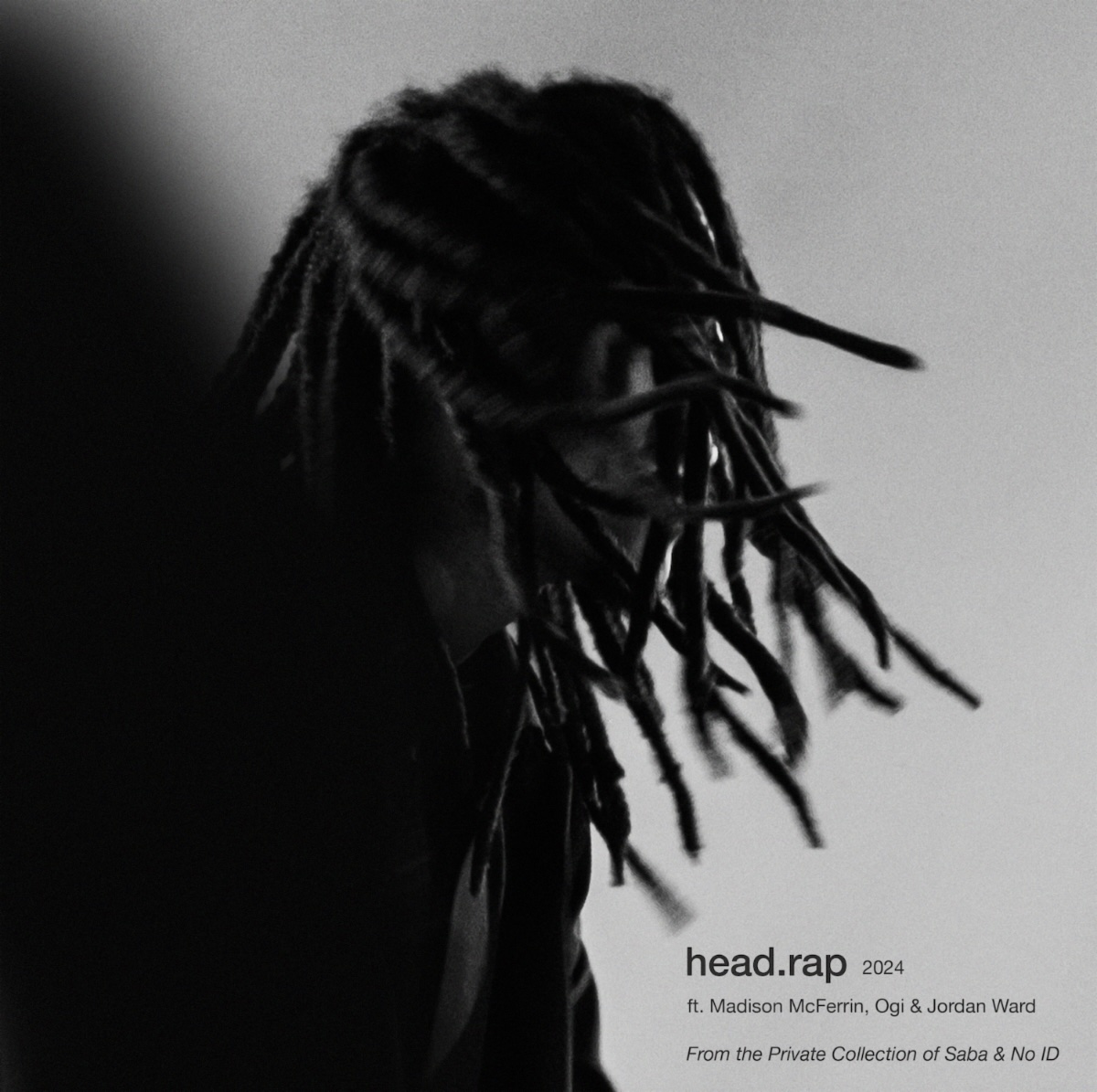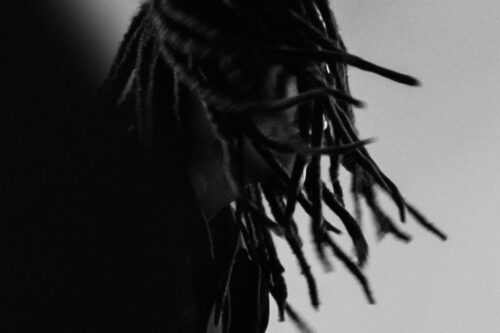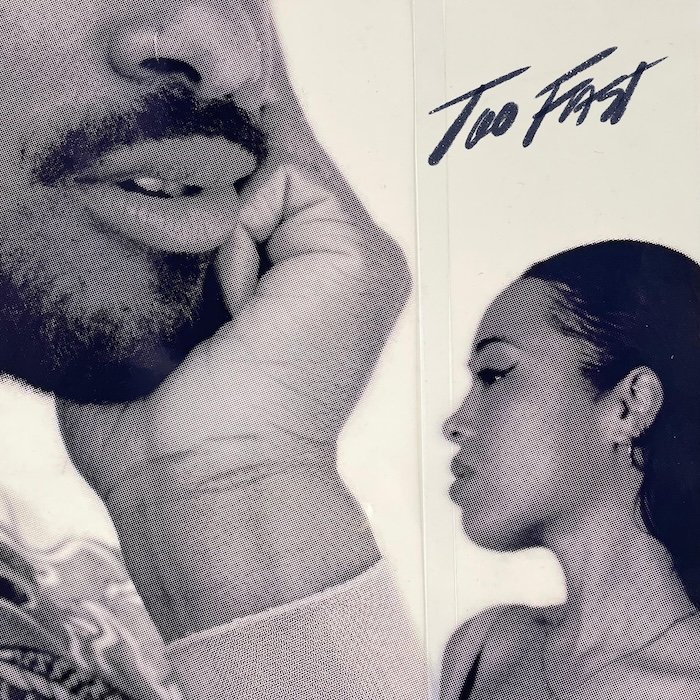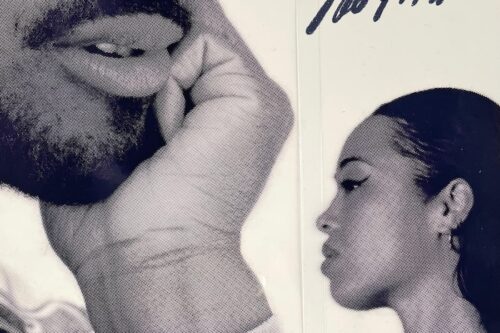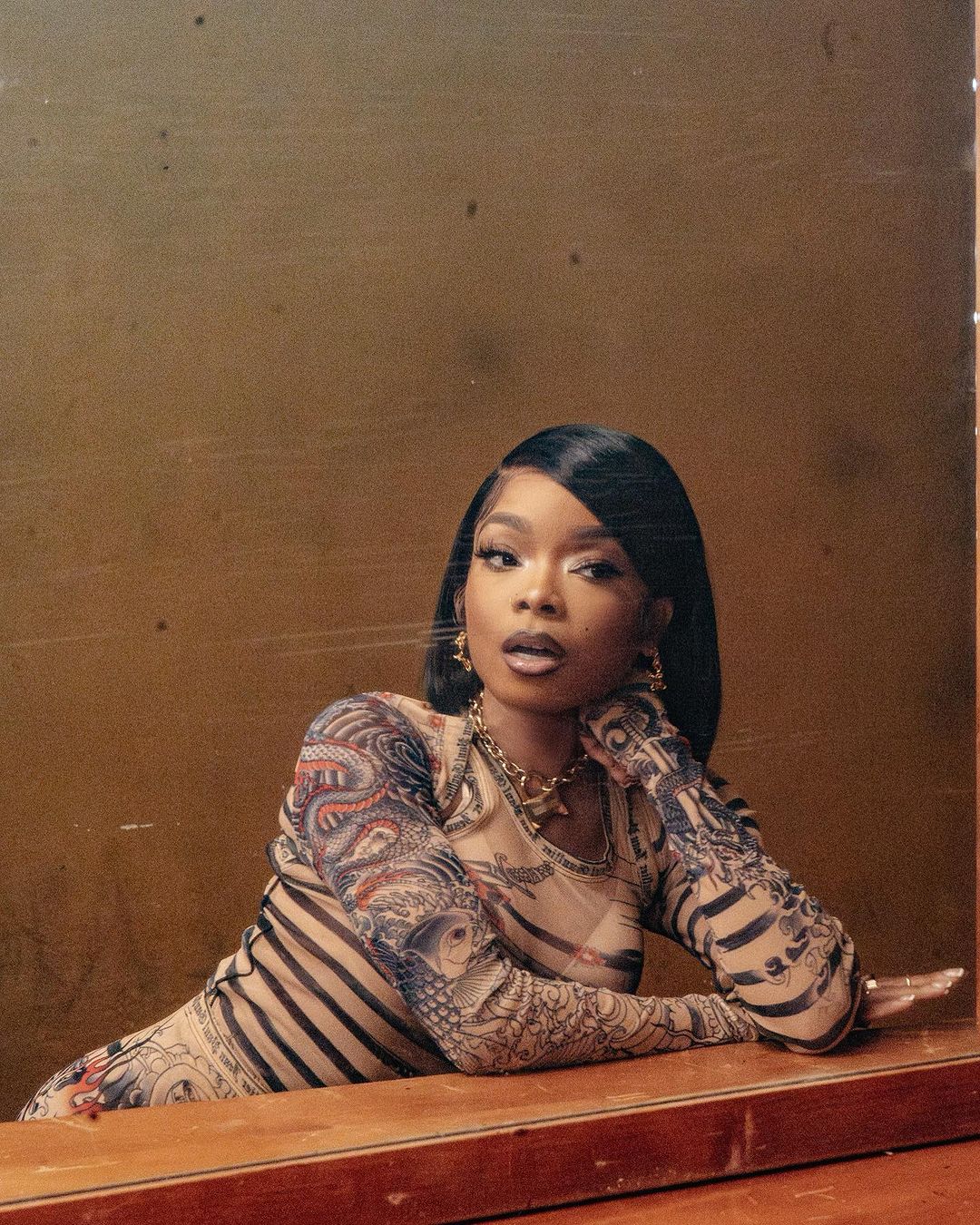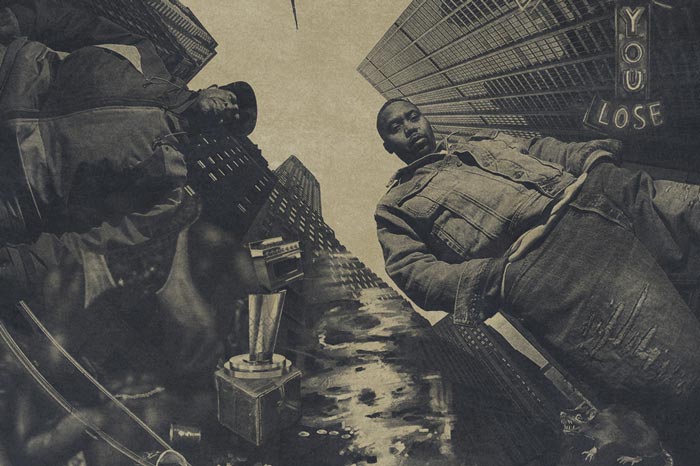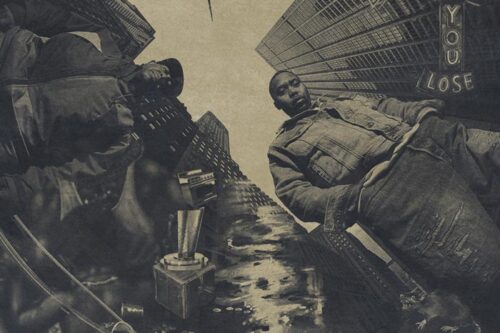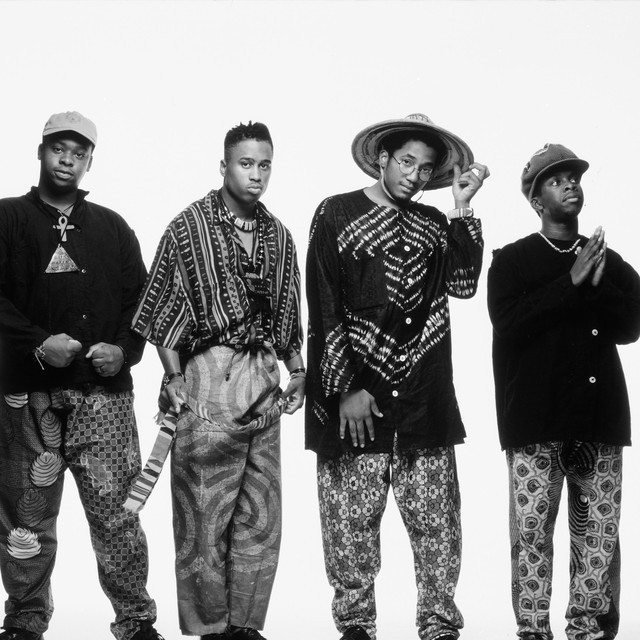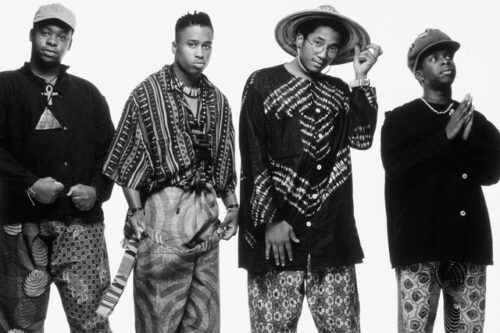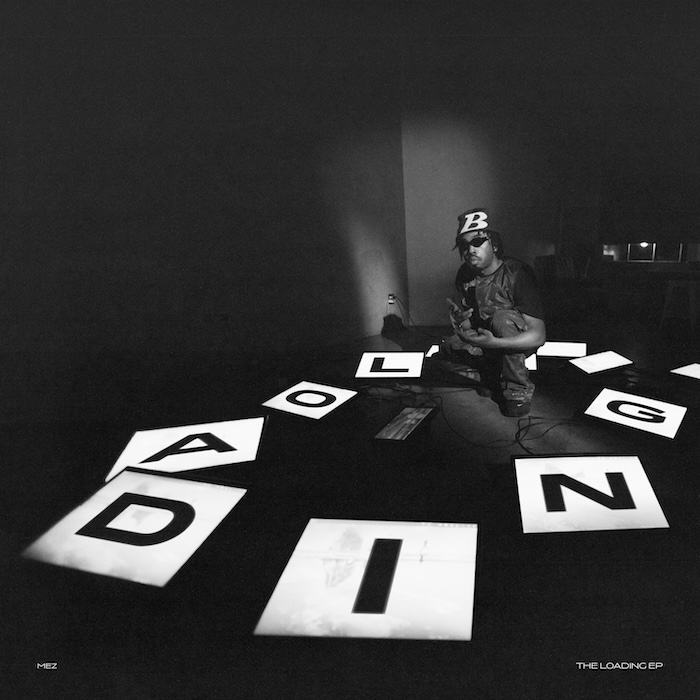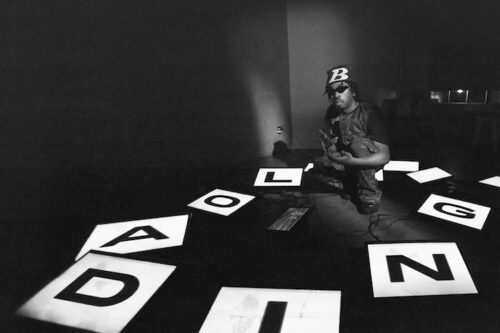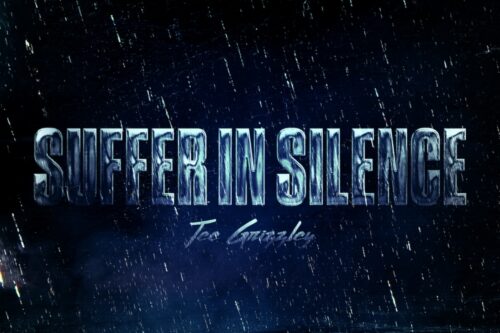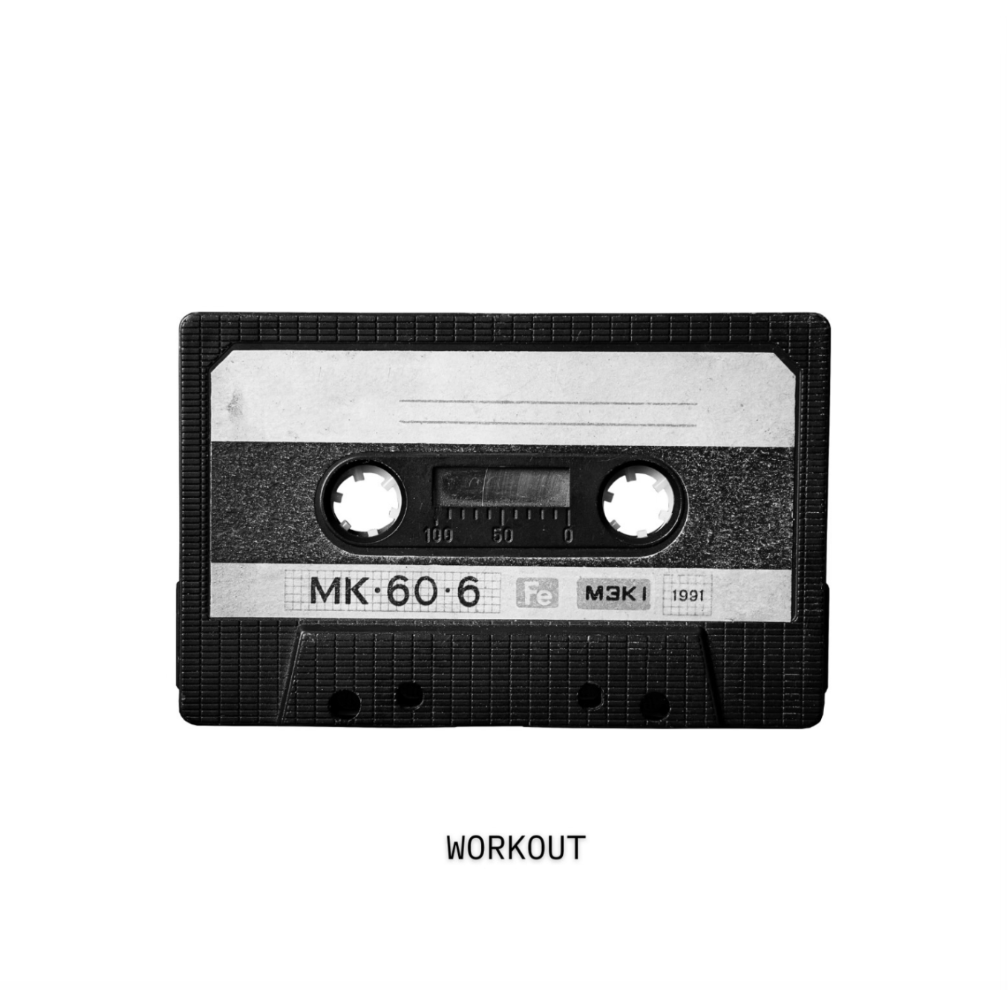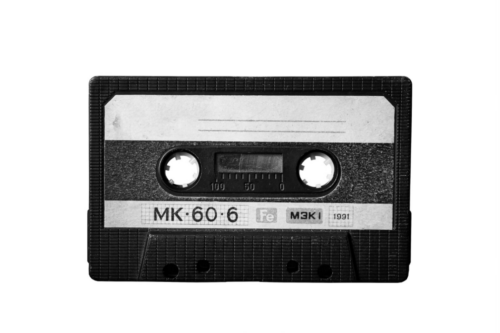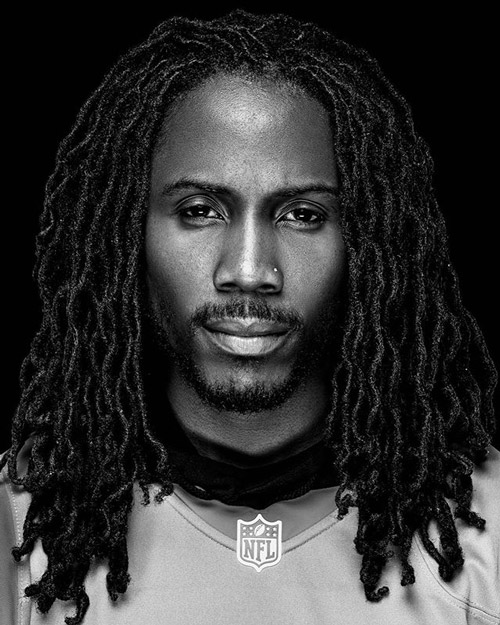
Disclaimer: This post has been ready to go for months, but for some reason I thought it was live when it wasn’t. Thankfully, the fantastic new video for “Lights On” helped bring the oversight to light. And even though the album has been out for three months, we’re still enjoying it and wanted to make sure any and all that haven’t yet get a chance to, as well. – Shake

As cliche as it might be, D Smoke is the truth.
Snatching the crown of Netflix’s Rhythm + Flow hip-hop competition, the Inglewood rapper accelerated the “I made it” moment that he was – quite honestly – already destined for. His lyricism reeled in ears and put them on auto-focus as they absorbed each bar while making sure not to miss the occasional attention-grabbing wordplay. His storytelling left minds bleeding with color as they envisioned the stories he told with such clarity.
A day after the world saw him take the crown as Rhythm + Flow’s best, D Smoke unveiled a new body of work for all to digest in Inglewood High. The EP stood as the formal start to the newest and most promising chapter in his career. Despite its briefness, Inglewood High was enough evidence to prove that D Smoke wasn’t going to be the latest competition winner to become a D-list celebrity within a year of their win. Nearly four months later, Smoke returned with his debut album, Black Habits.
Sixteen songs deep, Black Habits bears a cover that portrays a black family with all smiles, but content that isn’t entirely in the realm of happiness. The album itself presents a number of appearances from talented black artists. Snoop Dogg, Jill Scott, Iguocho, Jackie Gouche, Ari Lennox, and his real life brothers Davion Farris and SiR, all lent their vocal talents.
D Smoke explores the tendencies of himself as an imperfect man with coming of age experiences like his own. Optimism through life’s lowest points, strength through its heaviest moments, elusion from its emotion-soliciting subjects and selfishness in times that asked for altruism are just some of note. A two-sided book, he magnifies both his strengths and flaws on the album, tying them together as habits of a man.
The idea of strength quickly presents itself on Black Habits, that in the sense of the outside world’s depiction of oneself on “Bullies.” Labeling black America’s daily battle with society as more than a “fight,” Smoke heralds this battle as bullying and it’s participants as “bullies.” Smoke also presents his mental strength as a product of black America on “No Commas.” The sporadically eerie track plays on the double meaning of its title; we cannot be bought, period. No bargaining, no reconsideration, no continuation.
Turning the lens once again on the idea of strength, the Snoop-Dogg featured “Gasper Yanga” sees Smoke flexing muscle, reminding listeners that he is indeed “good in the hood” alongside the Long Beach legend. The two also question the roots of outsiders while simultaneously invoking fear to them through threats of “applying pressure.” The three aforementioned songs place Smoke in an impenetrable bubble, one that highlights the strengths, but his weaknesses are one not to be overlooked.
Smoke’s fickle experience with love also introduces a dent in his strength, one that sees fruition in the four-song section of “Seasons Pass,” “Fallin,” “Lights On” and “Real Body.” Showering his lover with praise and appreciation, Smoke places the new woman on a higher pedestal, applauding her for her ability to excel at love while he still learns the basics. With “We can’t fall till seasons pass” serving as the foundation for “Fallin’,” Smoke eloquently plays on the dual meaning of “fall” by telling his lover that their relationship will yield failure so long as they work together to keep it from unraveling and avoiding “the fall.” Continuing their beautiful relationship, Smoke lets his own selfishness and untamed desires ruin the relationship saying, “I wanted my dinner and my breakfast too.”
Giving in to these desires, Smoke finds himself in a strip club on “Lights On” with no plans to ignore the temptations. The lustful thoughts that pushed him out of his last love have grown in proportion to the satisfaction he receives from accomplishing the small goals in his pursuit. Approaching the climax of his lust-driven journey, Smoke showers the woman he drools over with appreciation and love for her natural, unaltered beauty. A decision is made and Smoke makes his move, exchanging words for actions as Ari Lennox matches his energy and soon the fireworks begin. Untamed desires launched the fall Smoke hoped to avoid on “Seasons Pass.” Outer strengths and inner weakness now balance him nothing more than the everyday humans that listen to his words and music.
D Smoke’s Black Habits is the exhibition of a not-so-far-fetched coming of age for the Inglewood rapper, one relatable to many black men in the world. His strengths are held high like an athlete and their medal on the Olympic podium, but his weaknesses appear at the surface where an equal amount of strength and pride for them is acquired.
Another major theme that appears on the album is optimism. Found in the motivational message behind “Free,” one that reminds listeners to keep their mental freedom above all else, and the enhancing light he places on all people, things and events intertwined with the color black on “Black Habits” and “Black Habits II.” Each sees Smoke, despite adversity and obstacles faced, holding that very medal high in the sky, refusing to let anyone but himself bring it down from the clouds.
A glaring element of Black Habits is the unwavering influence D Smoke has received from Kendrick Lamar. His cadence, west coast upbringing, focus on storytelling more than lyricism, topic choice and more all bring the Compton rap star to mind multiple times throughout the album. “Real Body” finds its parallels with “No Make Up (Her Vice)” in both rappers’ appreciation for the natural beauties of a woman.“Black Habits” and “Sunkissed Child” find D Smoke in a similar headspace that Kendrick was for “Complexion” and “Black Boy Fly.” The parallels are very much present, but far from mimicked. The previously mentioned elements serve as ingredients that could very much make the same meal if desired, but D Smoke’s resulting touch is one that sees him in a creative room of his own.
Black Habits proves that D Smoke is a talent due for his eventual time in the spotlight, one that was eventually expedited by a once-in-a-lifetime talent show. His strengths, weaknesses, hopes, questions, blessings, regrets and more are all perfectly packaged into the 16-song project. They are all the very habits he speaks of on the album. The marvelous, yet provoking beauty of the strength he acquired along the way or the optimism for brighter days he received by bathing in its sun or, they influenced his journey of growth creating what he now knows as his Black Habits.
Oh, and “Closer To God” is a f***ing amazing song.

